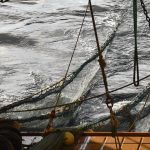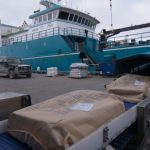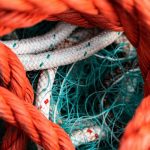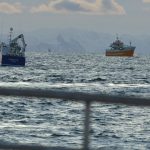Joe Borg Member of the European Commission Responsible for fisheries and maritime affairs has addressed the meeting saying that it is a new era of co-operation. Dr Borg informed that with this new Parliament soon to be joined by a new Commission, and with a new, committed Fisheries Committee in place, we can enter a new era of cooperation as we strive to restore our vital fisheries industry and our precious marine environment to full health.
He told that the main agenda of is the reform of the Common Fisheries Policy. A public consultation on this subject is now in full swing, and the Commission is determined to make this an all-inclusive, no-holds-barred debate. He added that despite some real progress, CFP decision-making remains too reactive. The ecosystem is not a luxury; it is the bedrock on which all maritime activities, including fishing, depend.
It is informed that earlier reforms of the CFP tried to reduce the fleet by using taxpayers’ money to pay for ships to be scrapped, but all evidence points to the fact that this approach is both expensive and ineffective.
Furthermore, a vessel owner could decide to either use his effort rights himself or to rent them or sell them to another vessel owner. This could in turn help us to achieve the objective of having a smaller fleet commensurate to our resource base. Replacing TACs and quotas by effort can be a very effective way of reducing the environmental impact of fisheries, and in particular of discards.
The proposed multi-annual plans for Western horse mackerel and for anchovy in the Bay of Biscay are eagerly anticipated by the sector, and have significant implications for the 2010 fishing opportunities. It is important that these plans can be adopted either at, or preferably in advance of, this year’s December council.








